The Work I Do: How Have the Historical Reverberations of the Past Created Our Present?
As an interdisciplinary scholar, I've always been interested in the intersections between history and social institutions. All of my work, from my children's books to my scholarly articles, asks these core questions:
How do marginalized people find autonomy and freedom in societies determined to control and dehumanize them? What can history tell us about how we got to where we are today? Whose stories have been uplifted and whose erased? For what ends? Which perspectives have yet to be amplified and internalized at a societal level in order for systemic change to occur?
I started my academic career researching the history of sexuality, specifically LGBTQ+ social movements in the US and Western Europe. This led me to write about more contemporary LGBTQ+ movements for justice, such as those fighting the passage of Proposition 8 in California. During my Ph.D, I completed a multi-year research project on LGBTQ+ youth cultures at US women's colleges, Title IX and trans rights, and the problems of racism, classism, and femmephobia even in spaces aiming to be progressive and inclusive.
I continue to write and research on issues of social justice. You can find my published scholarship to date below.
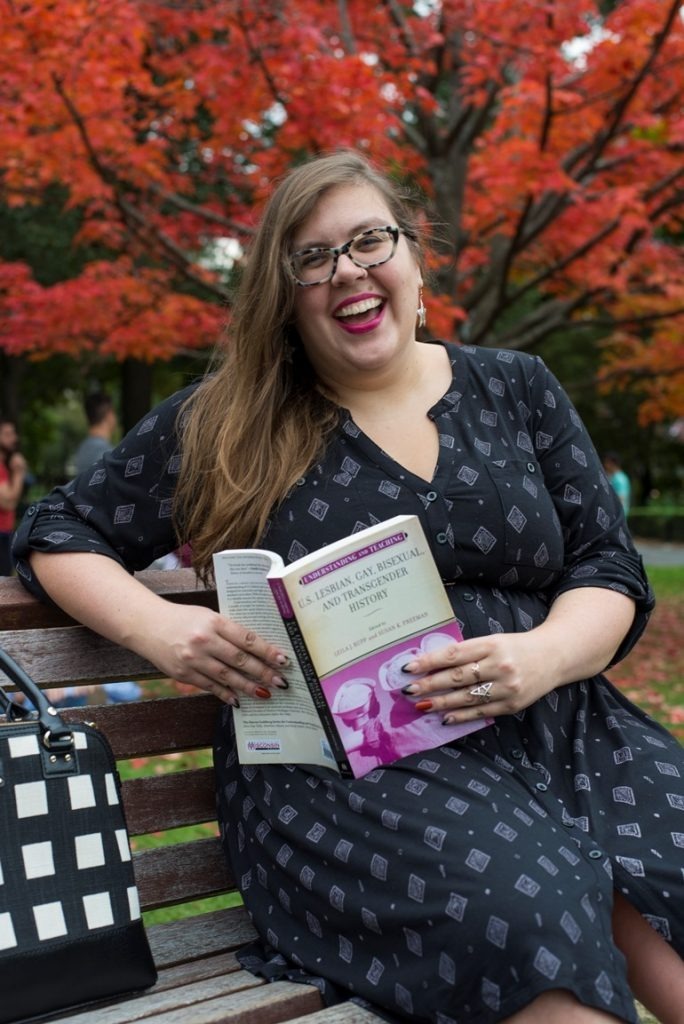
SCHOLARSHIP
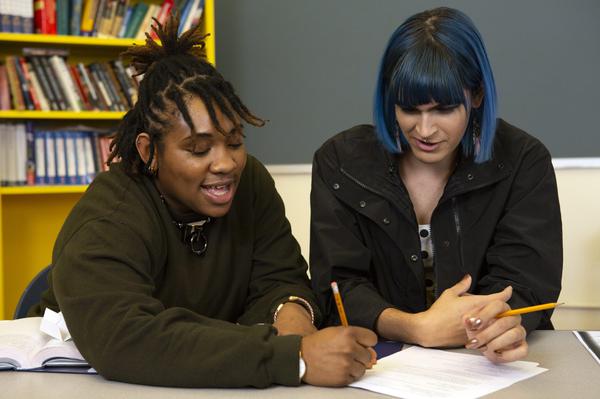
The SAGE Encyclopedia of Trans Studies - Women's Colleges
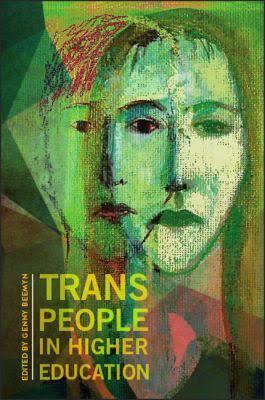
(In)visibility and Protest: Trans Men, Trans Women, and Non-Binary Students At New England Women’s Colleges
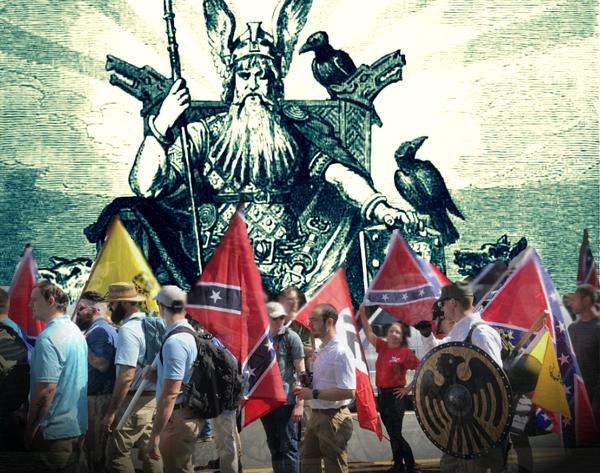
White Supremacy’s Old Gods: The Far Right and Neopaganism
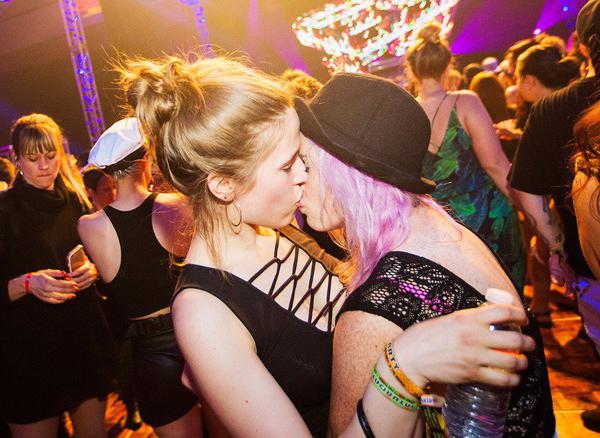
Lesbian Communities
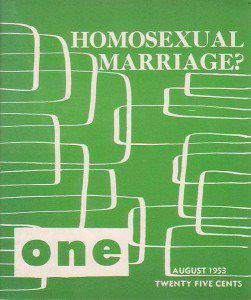
Teaching Same-Sex Marriage as U.S. History (1st edition)

"Born This Way": Biology and Sexuality in Lady Gaga's Pro-LGBT Media
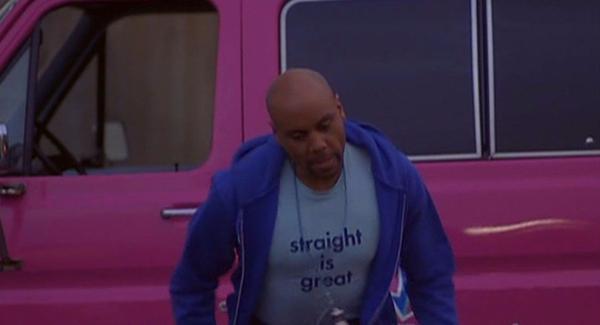
What's Wrong With Be(com)ing Queer? Biological Determinism as Discursive Queer Hegemony
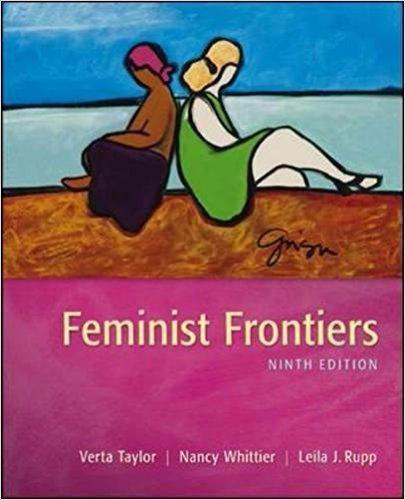
Supplemental Materials, Feminist Frontiers 9th Edition

Book Review: Language and gender research from a queer linguistic perspective: a critical evaluation by Michaela Koch
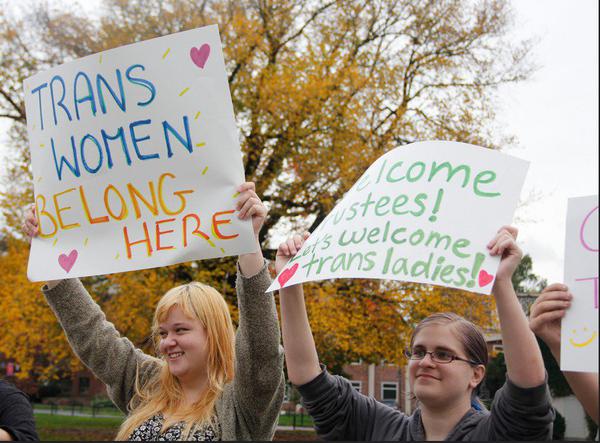
"Womanhood Does Not Reside in Documentation": Queer and Feminist Student Activism for Transgender Women's Inclusion at Women's Colleges
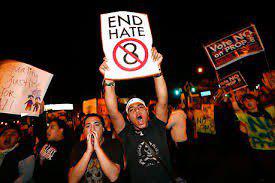
Daring to Marry: Marriage Equality Activism After Proposition 8 as Challenge to the Assimilationist/Radical Binary in Queer Studies
